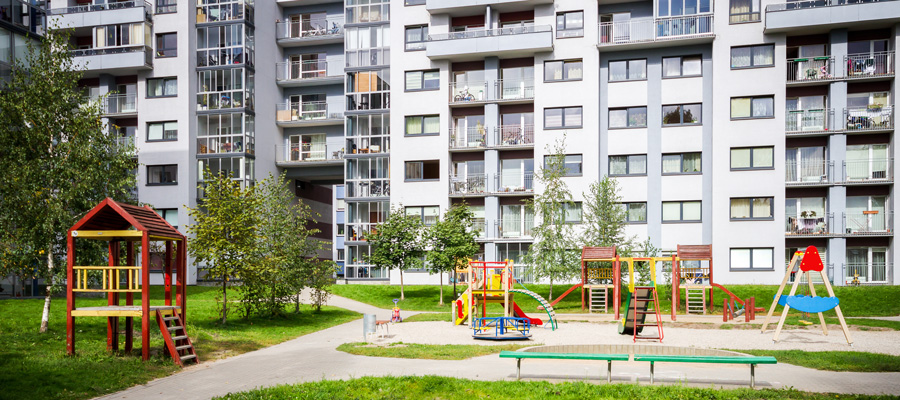Parliamentary reform idea: Get Out of the House
By Seth Klein and Shannon Daub
[Note: Samara Canada has been gathering ideas for reforming Parliament. All the ideas they have collected are being posted on their blog, which you can find here. What follows is our contribution.]
Here’s the big dilemma: Whatever reforms are made to Parliamentary practice and conduct, the simple truth is that, for now, citizens have lost faith in politicians. However, they trust their fellow citizens, and just as they do with juries, are prepared to delegate important decisions to them.
One solution then is to more frequently take the need to deliberate on key issues outside Parliament. Trust the people. Put major policy questions to citizen assemblies, or some other large-scale public engagement process. We need more opportunities to have big and thoughtful conversations on fundamental matters.
A few good candidates for such conversations:
- Taxes (what programs do we want to pay for together, and how do we want to raise the needed revenues?)
- Climate change (what would a fair and effective policy agenda look like to dramatically lower our emissions?)
- Electoral reform (how should we elect our legislative representatives?)
The list could be long. Here in British Columbia, we have seen two such exercises in the past decade: The Citizens Assembly on Electoral Reform, and the Conversation on Health. Both captured the attention and imagination of the public. Both garnered significant respect from fellow citizens. Both modeled respectful engagement and participation. Neither was perfect; the former had some design flaws that ultimately undercut its success, while the latter was not given a true mandate and authority to make real decisions. But both offer useful models to build upon.
Opinion research tells us that people want to be engaged and included in decision-making. Indeed, whether to issue is taxes, budgets, health care or the environment, there is ample evidence that participation is a game-changer. When people are forced to watch politics from the outside, they grumble and resist change; but when they are engaged in deliberative processes – given a chance to express their views and priorities, but also to hear those of fellow citizens – their views change, their best community-oriented values find expression, and they find themselves willing to make trade-offs that enhance collective wellbeing (this was, for example, one of the key findings out of the experience of participatory budgeting in Brazil).
Similarly, extensive opinion research the CCPA conducted on the views of British Columbians regarding taxes told us that people are hungry to be engaged, and that such participation fundamentally shifts the debate. While people aren’t interested in writing a blank cheque to government, they are prepared to entertain tax increases, — under the right conditions. People want greater transparency and accountability from their governments. They want to know the money will be well spent on needed programs. But most importantly, they want to have a say in how decisions are made.
And so our key reform idea is a paradoxical one –– to restore public trust in Parliament, leave it much more often.
Seth Klein is the BC Director of the Canadian Centre for Policy Alternatives, and Shannon Daub is the CCPA-BC’s Communications Director.
Topics: Transparency & accountability

